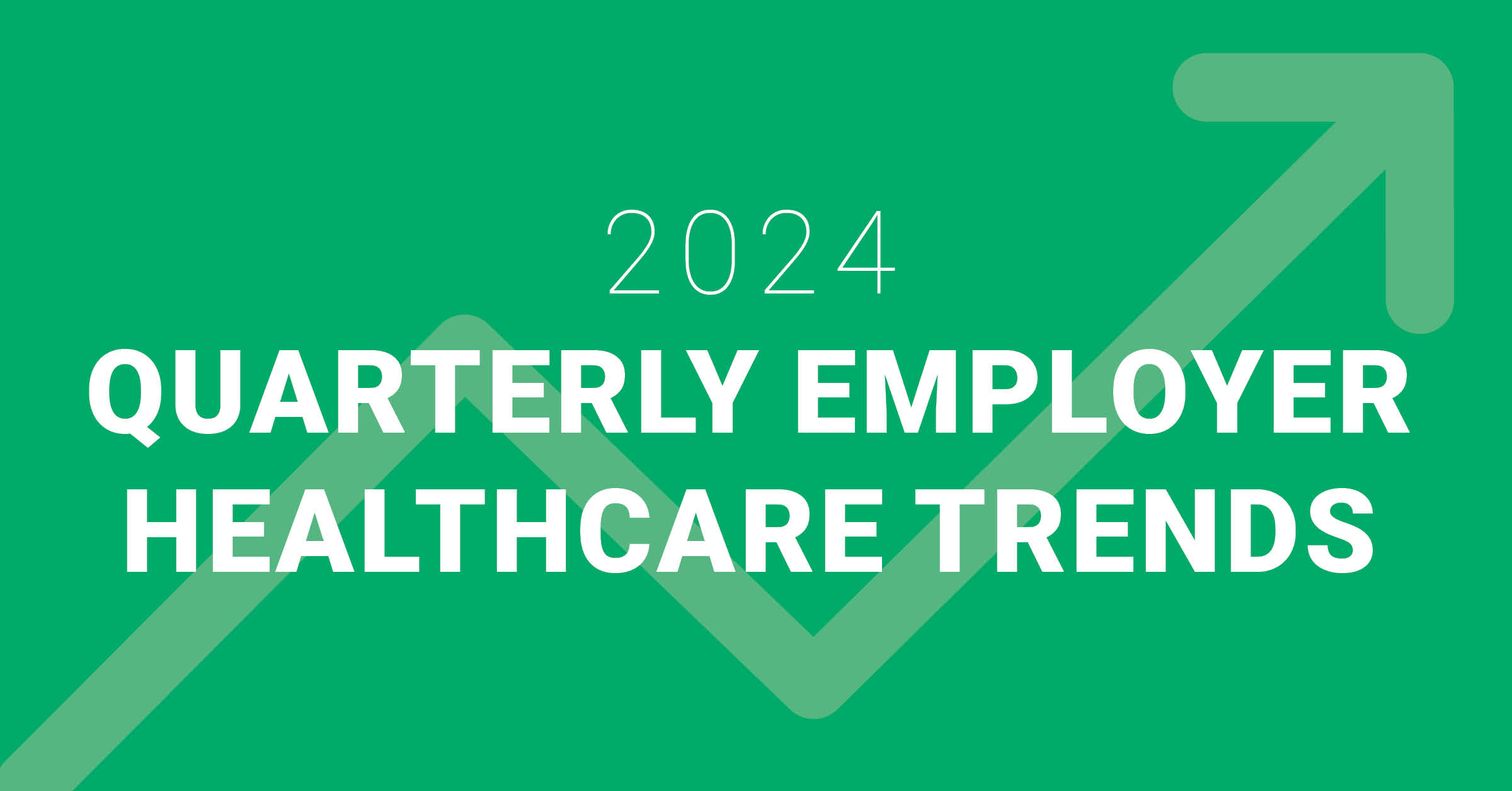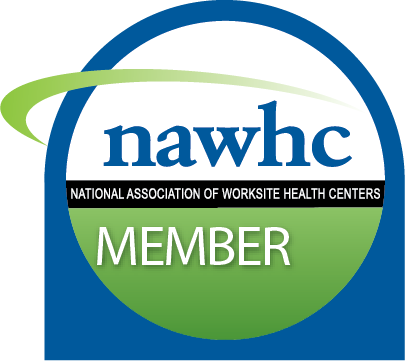To influence healthcare policy on a state and national level, employers must partner with policymakers.
In a nation of 50 states, each with their own laws and regulations, health policy varies widely. From access to reproductive care to licensing requirements and regulations governing healthcare facilities, health policy can change from state to state.
Employers, the leading provider of health benefits in the U.S., retain a vested interest in the ways health policy impacts the types of benefits and services they can offer, and the fees employees must pay to access dedicated health services, among other regulations. This makes it increasingly difficult for employers to optimize their benefit plans and offer uniform healthcare, especially when they operate in multiple states.
In most cases, the only way to directly influence health policy on a state or national level is by partnering with policymakers to shepherd legislative change.
Larry Boress, Executive Director of the National Association of Worksite Health Centers (NAWHC), suggests employers band together with like-minded companies and join organizations like NAWHC to become a force multiplier to influence healthcare policy. Formed in 2011, NAWHC serves as the only advocacy group supporting employers with onsite or network health centers.
“Our organization was created to help employers understand this health benefit and the types of services you can offer, how to measure success and to help employers benchmark and learn from each other,” Boress says.
With employer-sponsored healthcare centers across the U.S. and virtual care, Marathon Health is no stranger to the challenges when it comes to navigating the legal complexities of a multistate practice. “Fortunately, we have an internal legal and compliance team that is dedicated to systematically reviewing state and federal laws, monitoring for pending changes, and providing guidance and support to maintain compliance with laws and regulations, while working through the gray areas,” says Terry Layman, Corporate Medical Director for Marathon Health. “We strive to be strong partners with our employers. While we do not provide legal advice, we do share our rationale for operational processes that are often dictated by various regulatory requirements.”
Current Challenges Employers Face with Healthcare Policy
Many of the healthcare issues impacting employers today result from a patchwork of conflicting laws that make it difficult to offer uniform services and benefits across state lines. When an employer has operations in multiple states, it must comply with medical practice regulations for each state.
For instance, some states require telehealth providers to reside or be licensed in the state to legally practice virtual care, while others require virtual providers to have a personal relationship with their patients. Other states limit the range of services under a provider’s license, whereas a nurse practitioner can prescribe medications in some states, but not others.
“There are a number of issues affecting our clients mostly along the lines of licensure, scope of practice and workers comp,” Layman says. “One that comes up regularly is around the need for multistate licensing. States typically recognize the location of the patient as the location of care during a virtual or telehealth appointment. When a patient travels out of state and needs care — say they need their blood pressure medication refilled or their sugars have started to climb again — providers have to navigate between providing care in a state without a license or abandoning their patient.”
Employers with onsite health centers can also face barriers to medication dispensing, depending on state regulations. Boress says some states prohibit worksite health centers from dispensing pre-packaged medications without a dedicated pharmacist onsite. “It would be so much easier for employers to offer the same services across all states, and for there to be some consistency,” Boress says. “And clearly, that’s why a lot of employers self-insure, so they don’t have to deal with individual state issues.”
Boress says NAWHC is currently working with 30 employers in conjunction with ERIC, a national nonprofit that advises employers on health benefit plans, to pass H.R.7487 — Employee Access to Worksite Health Services Act. The IRS currently requires employees who contribute to an HSA to pay a fair market value fee to utilize a worksite health center. It forces employers to assume the costs or require employees to pay a copay, which adds an additional cost barrier to care. The bill would remove the fair market fee and enable individuals with access to a worksite health clinic to make pre-tax contributions to a health savings account.
Tips for Employers to Influence Healthcare Policymakers
Employers carry considerable weight when it comes to influencing healthcare policy, but only if they speak up to champion a cause. “You have to be visible,” Boress says. “It’s surprising how much impact an individual letter from a company in a policymaker’s district can have.”
Boress says the lobbyists that represent special interests tend to have the greatest access to policymakers. But when a constituent employer who represents not just the dollars in the area —but the jobs in the area — expresses concern or supports legislative action, it can drive significant change. “Simply writing an email can often have a huge impact on a legislator who’s looking for support but needs some rationale to support, oppose or amend a certain bill or approach,” he says. “Because, if they only hear from lobbyists, that’s who they’re going to focus on.”
For employers looking for representation to affect policy, consider linking up with your state Chamber of Commerce or organizations like NAWHC. However, Boress stresses an employer’s name recognition often makes the biggest impact. “If the lobbyist is saying, ‘This won’t really affect your people,’ and then they hear from the employer who talks about the impact it has on their population or their ability to operate business in that state, it can have a major impact on influencing the policymaker.”
Layman says he’s confident that policymakers are trying to do the right thing, but they don’t always have the day-to-day working knowledge of how a bill might impact you or your employees. “Make sure your voice is heard,” he says. “An email or phone call to your local leadership could spark a productive debate. And consider participating in industry/peer groups.”
You might also like
Subscribe to our newsletter and stay on the cutting edge of worksite healthcare.










